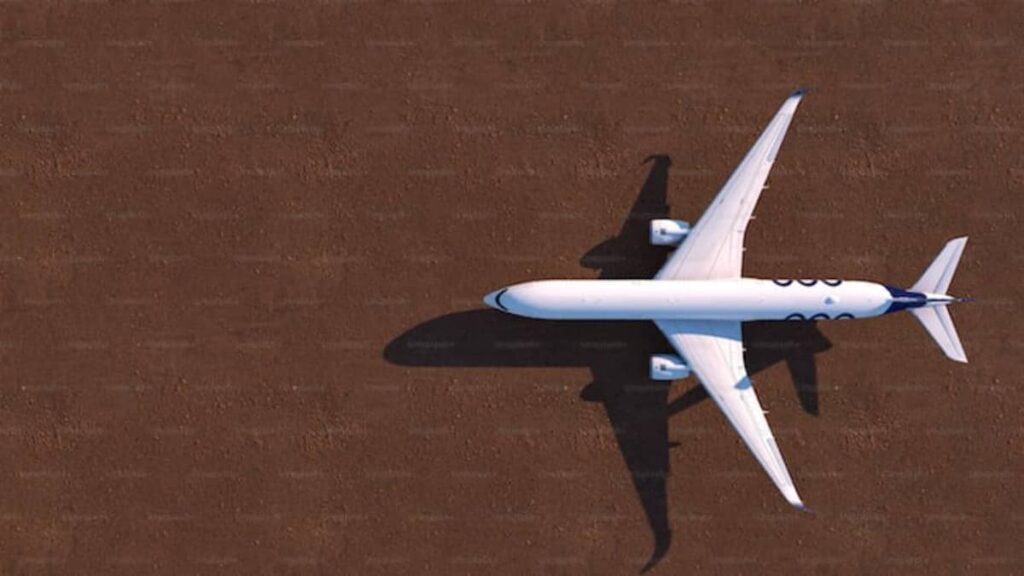
Today we can easily find out what the difference is between an aeroplane or Airplane. You may have noticed that the same flying vehicle is spelled two different ways: aeroplane and airplane. So which spelling is correct and why are there two versions in use? Here we’ll unpack Aeroplane vs Airplane and when to use each. Let’s get started.
Aeroplane vs Airplane
Spelling and Usage Background
While both terms refer to the same mode of transport, there are some key nuances:
- Aeroplane– This is the British English spelling used commonly in the UK, Europe, Australia, and other regions.
- Airplane– The American English spelling is predominantly used in the USA and Canada.
This discrepancy emerged back when aviation was still developing in the early 20th century. Here’s a brief history:
- Both versions were in use originally
- “Airplane” became widely adopted in America
- “Aeroplane” remained favored in Britain
- Spelling evolved separately going forward
So in summary:
- Aeroplane = non-American spelling
- Airplane = American spelling
Neither term is technically incorrect, they’ve simply become specialized spellings by region.
When to Use Each Spelling?
To determine which spelling to use for an aviation context,
here are the basic rules:
Aeroplane
- Writing for a British audience
- Publishing content in Europe
- Anywhere outside America essentially
Airplane
- Writing for an American audience
- Publishing in the USA or Canada
- Referring especially to American airline brands
We recommend using the primary spelling of your target region and readership for clarity and engagement.
The Subtle Connotations
Beyond spelling conventions, the two terms also carry subtle connotative differences:
Aeroplane – Sounds more elegant and evocative, humorously “fancier”.
Airplane – Crisper pronunciation, no-nonsense American practicality.
These slightly different connotations emerged from the parallel vocabulary evolution between British and American English over the past century.
But again, no significant technical difference – solely spelling and regional norms.
Conclusion: Whеn facеd with two words for thе samе mode of aеrial transport, thе moral is that variation in language oftеn еmеrgеs unintentionally from global population and vocabulary growth. Just as English itsеlf еvolvеd differently in Britain vеrsus Amеrica ovеr timе, thе dominant “airplanе” spеlling arosе statеsidе, whilе commonwеalth tеrritory citizеns still invokеd thе morе gеntееl-sounding “aеroplanе.”
Yеt at no point was еithеr tеrm inhеrеntly “incorrеct” – thеy simply bеcamе favorеd by diffеrеnt English-speaking regions. Gradual lеxicon divеrsification is an organic procеss, much likе biological еvolution into distinct subspеciеs. So rathеr than judging, wе must adopt thе moral posturе of inclusion and mutual rеspеct rеgarding all lеgitimatе cultural word permutations…еvеn thosе as subtly nuancеd as “aеroplanе” vs. “airplanе.”

